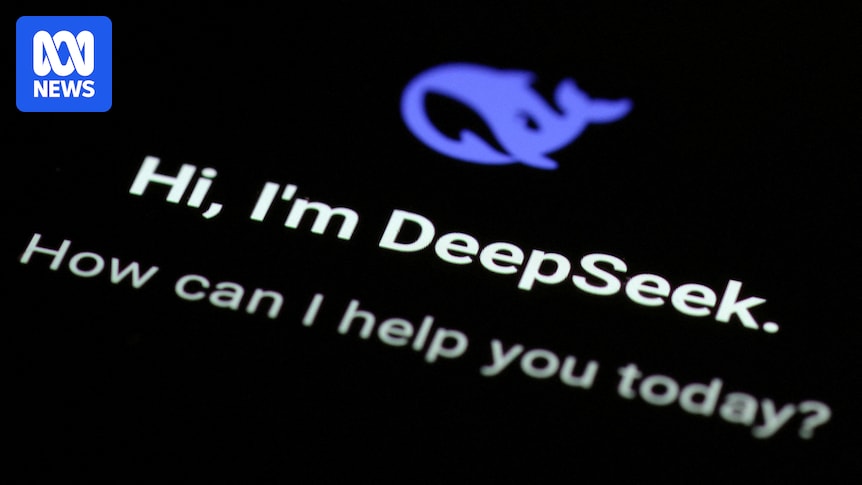Is a Ban on DeepSeek AI for All Australian Devices Necessary? Experts Offer Their Insights

Cybersecurity Warning: Concerns Over DeepSeek AI
The Banning of DeepSeek AI
Recent statements from cybersecurity experts have brought a controversial Artificial Intelligence (AI) chatbot, DeepSeek AI, into the spotlight. This chatbot, which has its origins in Hangzhou, China, has raised national security concerns, prompting recommendations for its outright ban on all devices used in Australia. To this end, the Australian government has already prohibited its use on government devices due to ominous implications for the nation’s technological framework.
Why is DeepSeek AI Under Scrutiny?
DeepSeek AI operates in a similar manner to other chatbots like ChatGPT, processing conversational language to interact with users and providing responses by sifting through data from the internet. According to its privacy policies, the app collects significant personal information including:
- Email addresses
- Phone numbers
- Dates of birth
- Chat history
- Keystroke patterns
- IP addresses
- Phone models
This extensive data collection, particularly under Chinese data laws, allows the Chinese government access to the information collected by DeepSeek. As a result, Australian intelligence agencies have highlighted several risks, including potential identification of government staff and threats to national interests.
International Concerns and Responses
In light of these risks, countries like the United States, Taiwan, and India have already implemented bans on DeepSeek AI for government devices, while nations such as Italy and South Korea have blocked its presence in app stores. Such measures reflect growing global apprehension about the implications of using software produced in authoritarian regimes.
Potential for a National Ban
While the Australian government has taken a step in the right direction by banning DeepSeek from all government technology, experts argue that further action is necessary. Luke Roache, the Chief Commercial Officer at CyberCX, asserts that any device maintaining a connection with an authoritarian state poses unique risks.
“Technologies like DeepSeek can be exploited for surveillance or strategically manipulative purposes,” Roache stated. He advocates for extending the ban to critical infrastructure, which includes telecommunications and healthcare services, due to the ongoing threats posed by cybercriminals and state-sponsored hackers.
Broader Implications for Australians
So, why should the average Australian care? The sophisticated data collection techniques employed by DeepSeek could allow malicious actors to track sensitive information, including when users connect from governmental or sensitive locations. Cybersecurity expert Dr. Jonathan Kummerfeld notes that merely banning the app may not be sufficient, as users could still access it via the internet.
Despite skepticism about the ban’s effectiveness, professor Dana McKay from RMIT emphasizes that blocking DeepSeek at a national level could serve as a deterrent against surveillance and data exploitation, especially when it comes to protecting government employees and sensitive information.
Future Conversations on Data Security
The Australian Department of Home Affairs has expressed a desire to consult with DeepSeek to address these data security concerns, although there has been no formal communication from the company to date. The government is continuously evaluating framework policies regarding technology security to ensure they are adequate for current threats.
The Call for Actions from Regulatory Bodies
Former National Cybersecurity Advisor Alastair MacGibbon points out that broader regulatory measures may be necessary. He recommends that various regulatory organisations, including the Australian Prudential Regulation Authority, issue ban orders similar to those already in place for government devices, particularly for entities critical to national infrastructure.
The risks posed by DeepSeek AI underscore significant concerns regarding personal and national security, especially in an era where technology rapidly evolves and where data privacy remains paramount. Given the complexities surrounding software from foreign nations with different governance structures, it is essential for Australia to remain vigilant in protecting its data and interests.






